Protect Sea Turtles in Costa Rica
Tortuguero National Park is tucked away along Costa Rica’s northern Caribbean coastline. Surrounded by meandering canal waterways and dense rainforest spanning 120 square miles, it is only accessible via boat or small aircraft. This spectacular area is home to rare wildlife species including the jaguar, 4 types of monkey, over 400 species of bird and sea turtles. Each year between the months of April and October thousands of leatherback, hawksbill and green sea turtles swim to the shores of Tortuguero to lay their eggs. As the tropical coastline spans over 20 miles, this makes them targets for illegal poachers and jaguars which roam the region. The good news is, today, there are several conservation efforts in Costa Rica helping to protect the sea turtles. During a volunteering expedition, you’ll learn about turtle biology and behaviour, experience group night time beach patrols, observe the nesting process and record numbers of sea turtles arriving and departing the shores. You may also have the opportunity to conduct bird and jaguar tracking and carry out biological surveys of the rainforest ecosystem. These unique volunteering opportunities in Costa Rica offer the perfect introduction for those seeking a career change and wishing to move into a conservation based role.


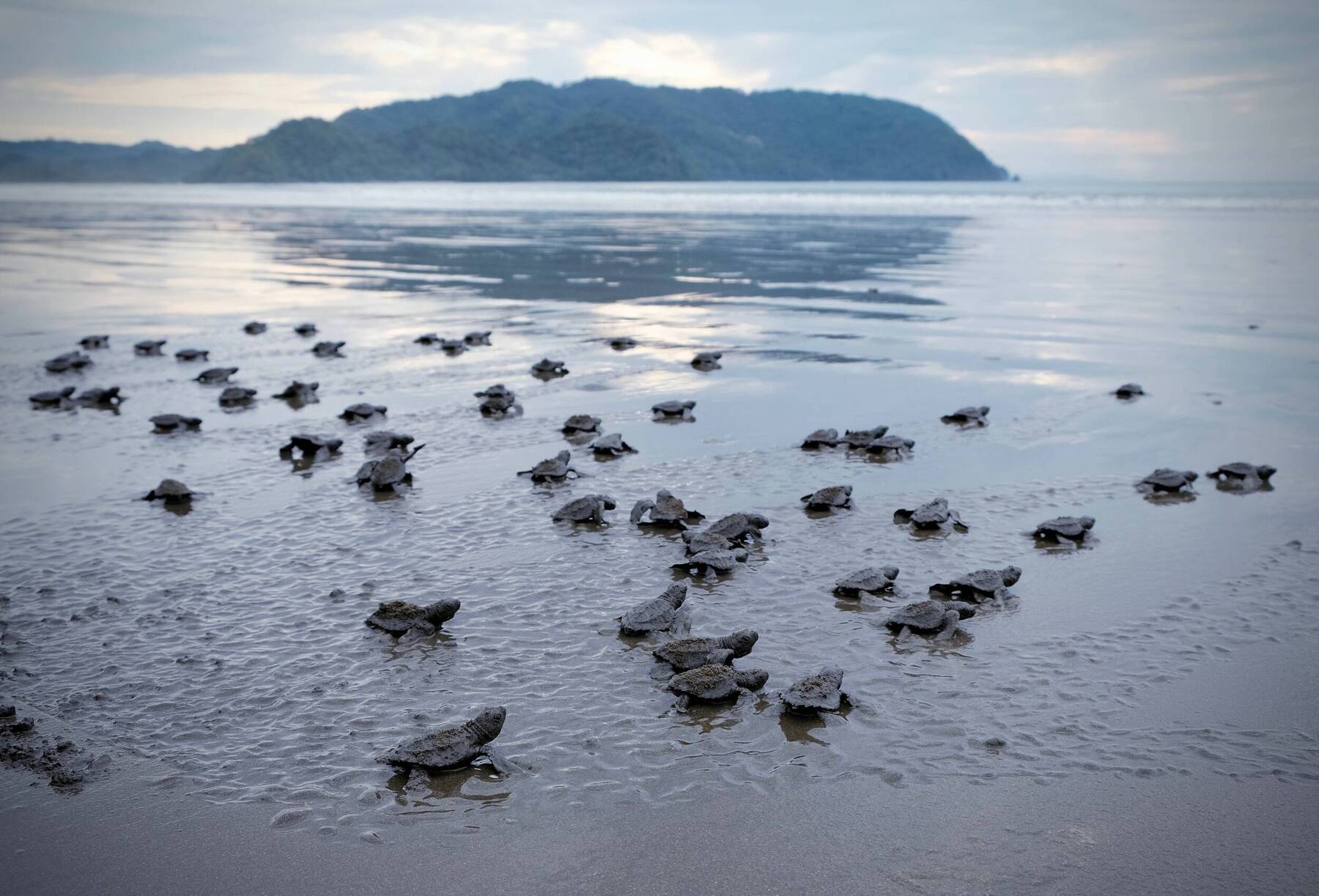
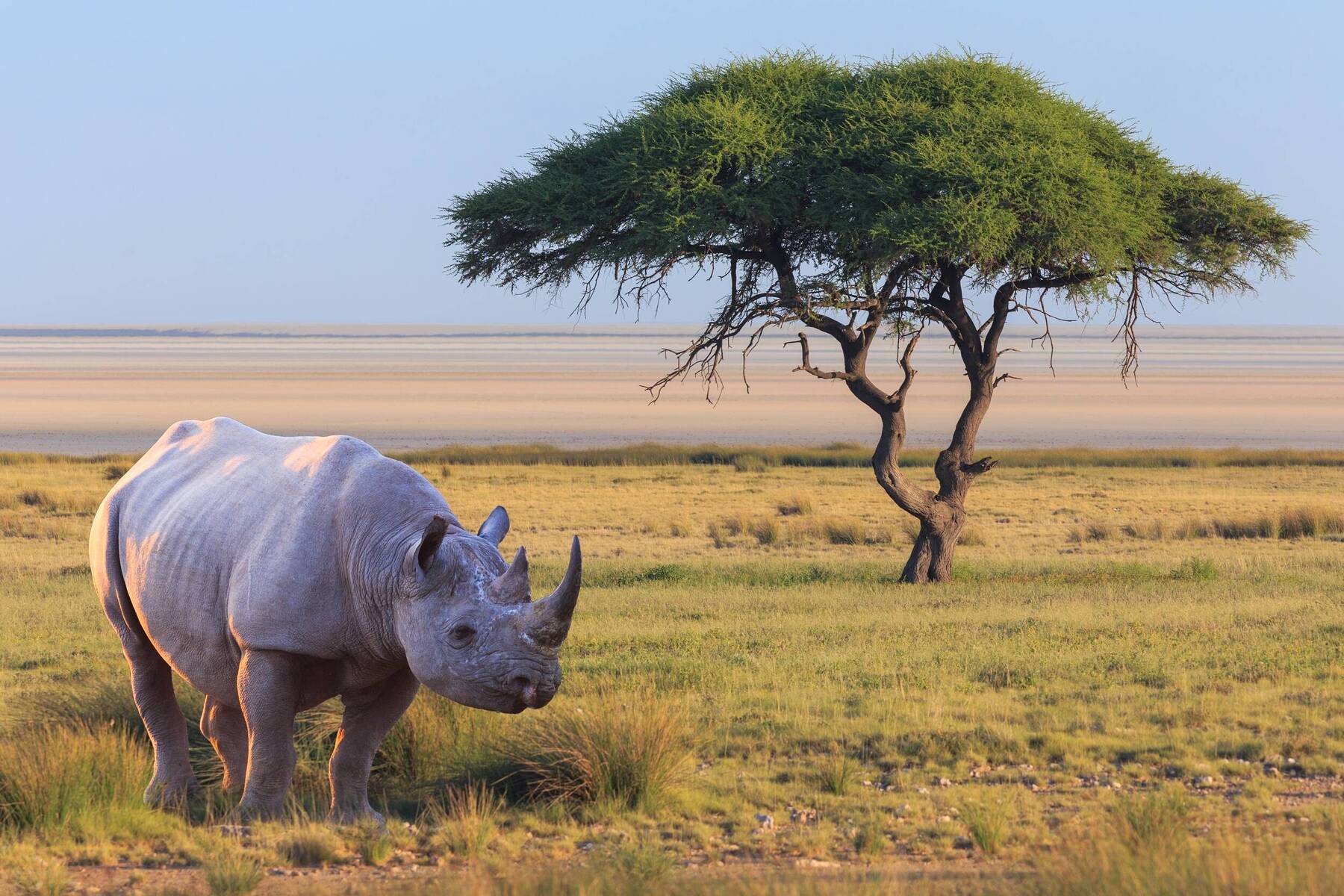
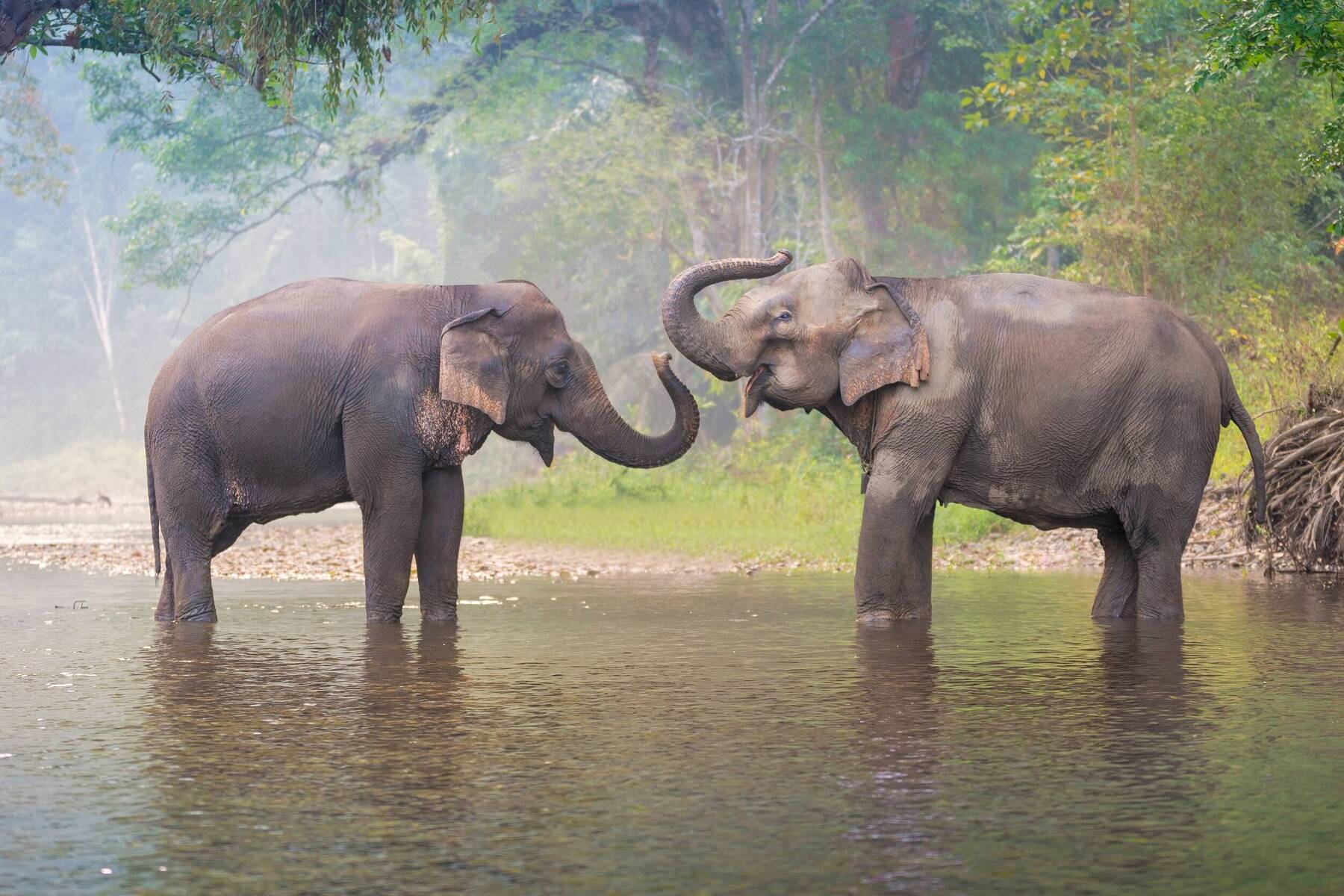
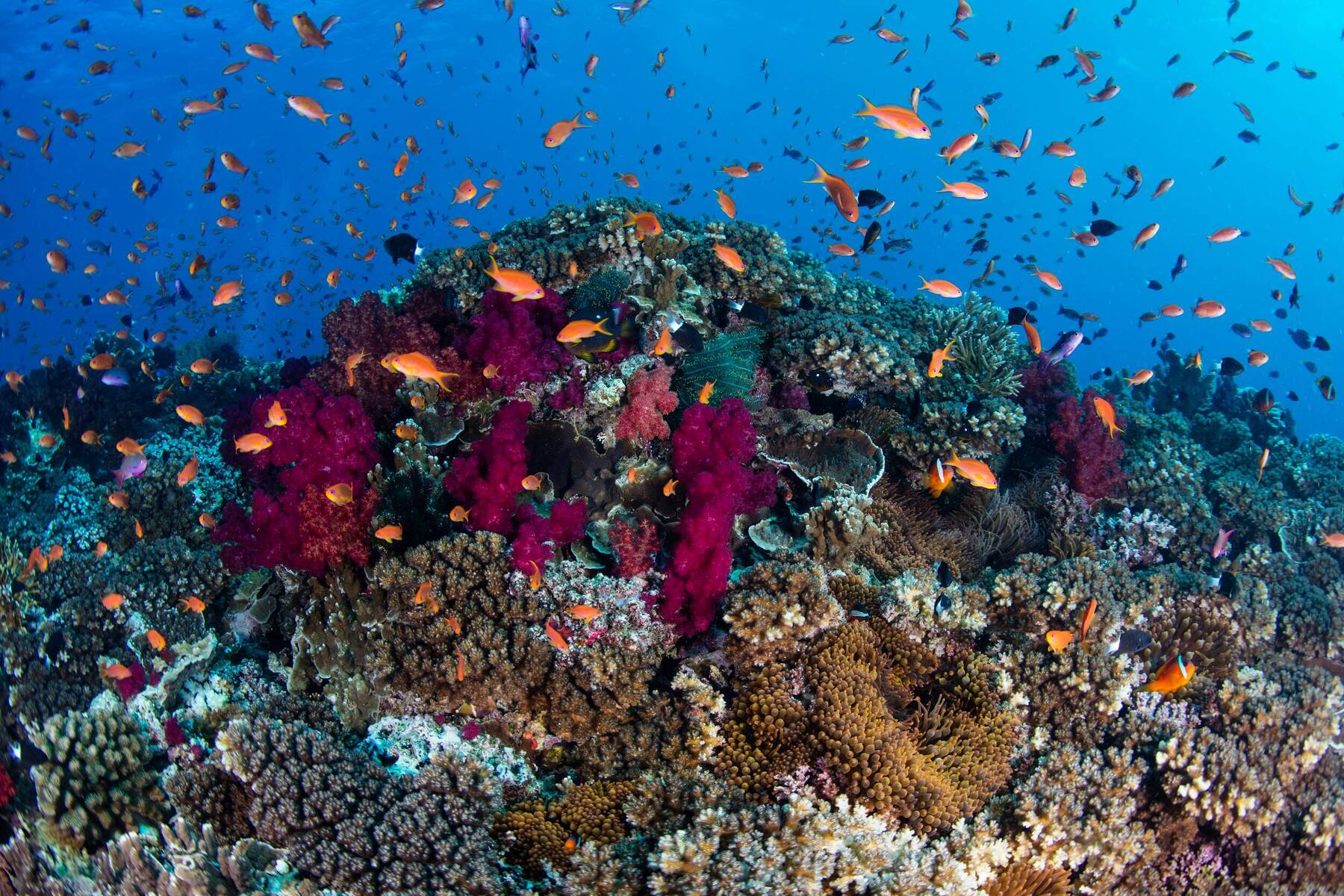

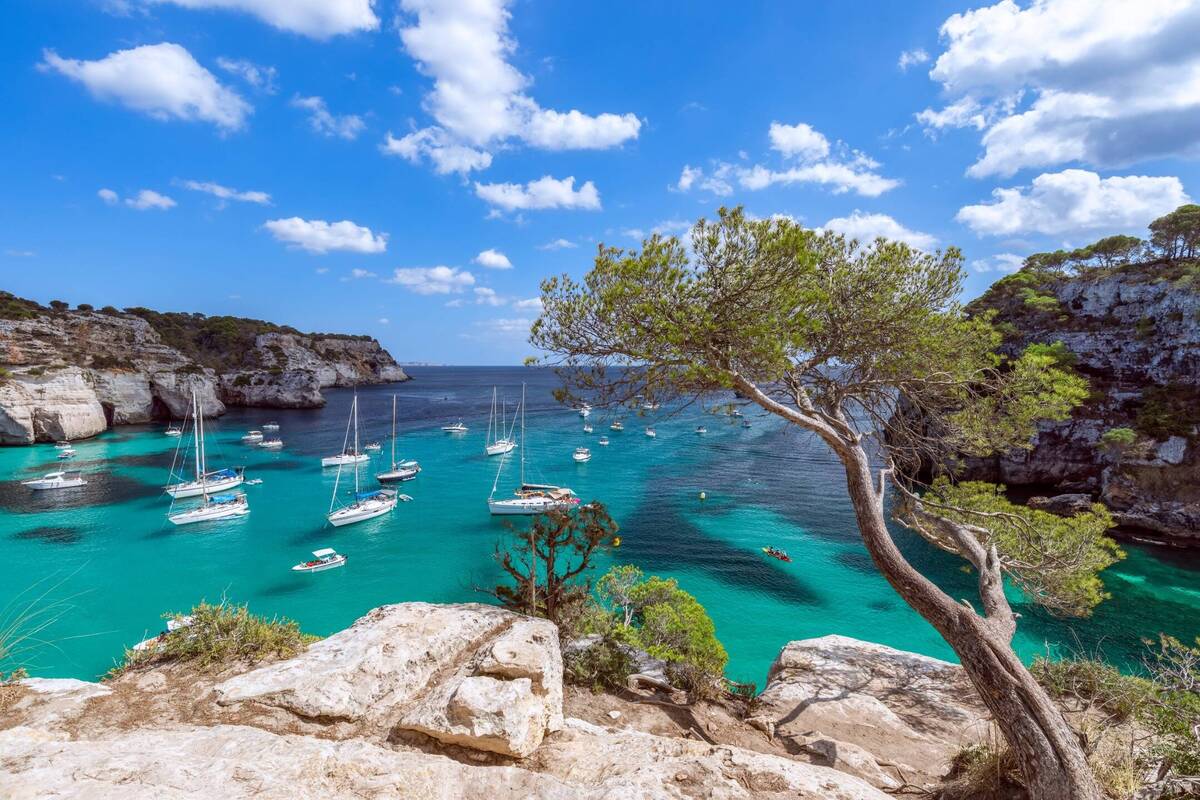














Comments